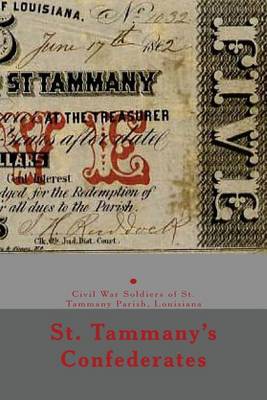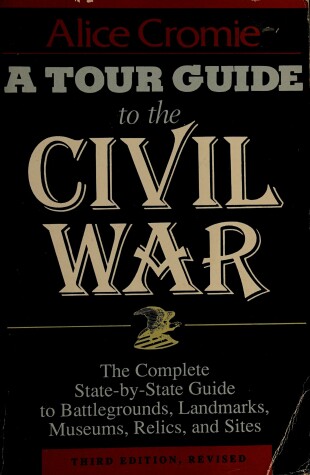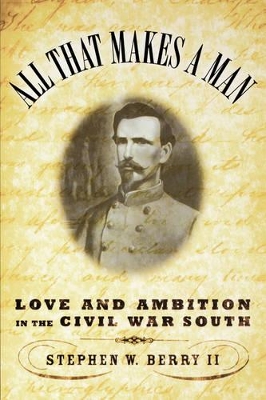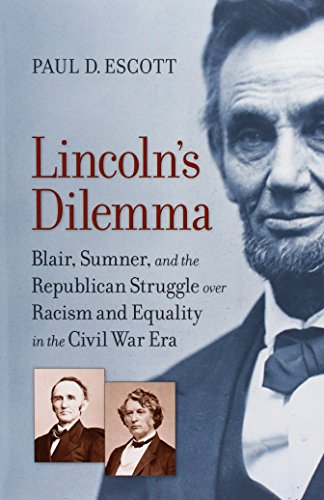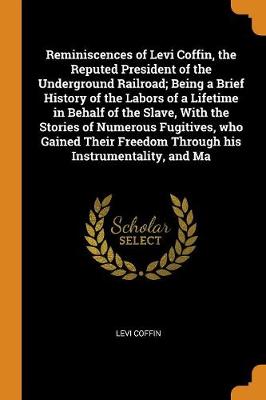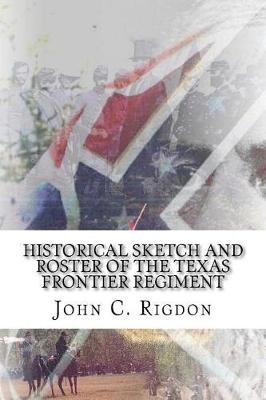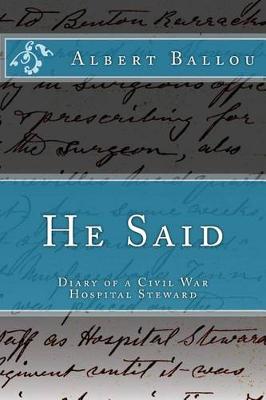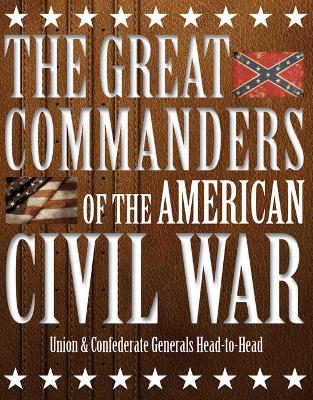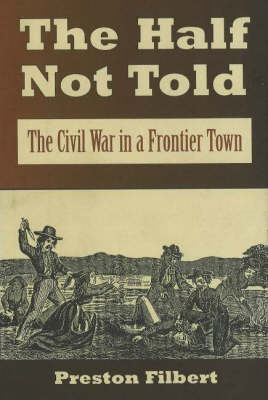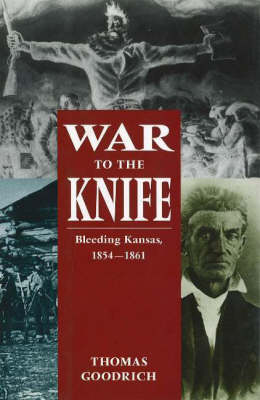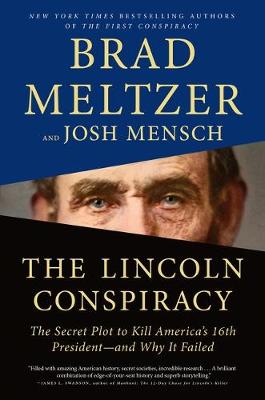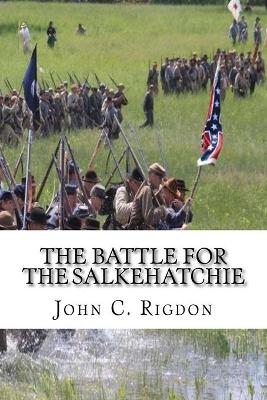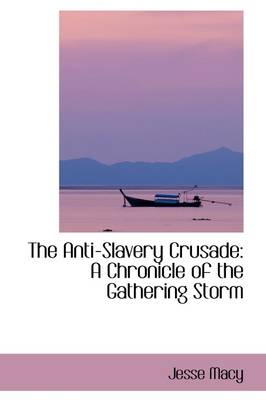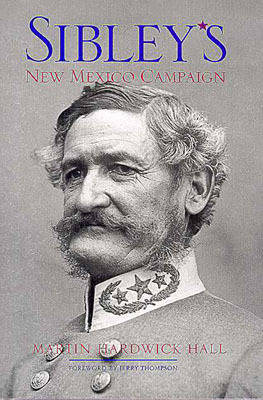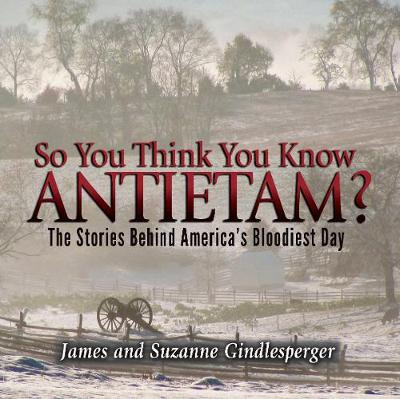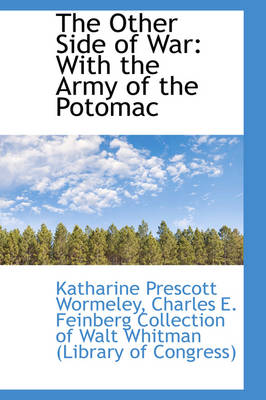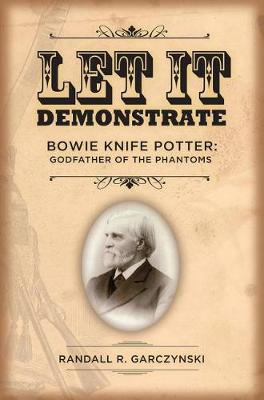St. Tammany's Confederates (150th Anniversary of the Civil War in Louisiana)
by Randy Decuir
In May 1861, Jefferson Davis issued a general call for volunteers for the Confederate Army. Men responded in such numbers that 200,000 had to be turned away. Few of these men would have attributed their zeal to the cause of states' rights or slavery. As All That Makes a Man: Love and Ambition in the Civil War South makes clear, most southern men saw the war more simply as a test of their manhood, a chance to defend the honor of their sweethearts, fiances, and wives back home. Drawing upon d...
Lincoln's Dilemma (A Nation Divided: Studies in the Civil War Era)
by Paul D Escott
The Civil War forced America finally to confront the contradiction between its founding values and human slavery. At the center of this historic confrontation was Abraham Lincoln. By the time this Illinois politician had risen to the office of president, the dilemma of slavery had expanded to the question of all African Americans' future. In this fascinating new book Paul Escott considers the evolution of the president's thoughts on race in relation to three other, powerful - and often conflicti...
Reminiscences of Levi Coffin, the Reputed President of the Underground Railroad; Being a Brief History of the Labors of a Lifetime in Behalf of the Slave, with the Stories of Numerous Fugitives, Who Gained Their Freedom Through His Instrumentality, and Ma
by Levi Coffin
Historical Sketch And Roster Of The Texas Frontier Regiment
by John C Rigdon
Who were the greatest commanders of the American Civil War, and what made them so? In The Great Commanders of the American Civil War, the best military leaders of both sides are pitted against each other and their strengths and weaknesses examined – Robert E. Lee versus George Meade at Gettysburg, Ulysses S. Grant versus Albert Sidney Johnston at Shiloh, William Tecumseh Sherman versus John Bell Hood in the March to the Sea, along with eight other pairs. The book also explores a decisive battle...
A fascinating portrait of Civil War -- era St. Joseph, Missouri -- a town torn between its ideological ties to the South and its promising trade ties with the North.
Long before the secession crisis at Fort Sumter ignited the War between the States, men fought and died on the prairies of Kansas over the incendiary issue of slavery. "War to the knife and knife to the hilt," cried the Atchison Squatter Sovereign. In 1854 a shooting war developed between proslavery men from Missouri and free-staters in Kansas over control of the territory. The prize was whether Kansas would become a slave or a free state when admitted to the Union, a question that could decide...
This long out-of-print and hard-to-find classic tells the story of the Texas invasion of New Mexico during the American Civil War. In early 1862, Confederate General Henry Hopkins Sibley marched thirty-four hundred coarse Texas farmboys, cowhands, and frontiersmen into New Mexico and up the Rio Grande Valley. Although seriously bloodied, they repulsed Union troops at the Battle of Valverde. As the poorly supplied Texans pushed northward, New Mexicans stripped the land bare of food, fodder, and l...
So You Think You Know Antietam?
by James Gindlesperger and Suzanne Gindlesperger
September 17, 2012, marks the 150th anniversary of the Battle of Antietam-America's bloodiest day. To the people in the North it was Antietam, after the stream whose name translated from the Native American as the swift current. Those in the South referred to it as Sharpsburg, after the nearby town. Whatever the name, this much is undisputed: it was the bloodiest one-day battle in United States history. Following just 12 hours of combat, some 23,000 American soldiers were killed, wounded, or mis...
Overcoming Onto-Theology (Perspectives in Continental Philosophy)
by Merold Westphal
Overcoming Onto-theology is a stunning collection of essays by Merold Westphal, one of America's leading continental philosophers of religion, in which Westphal carefully explores the nature and the structure of a postmodern Christian philosophy. Written with characteristic clarity and charm, Westphal offers masterful studies of Heidegger's early lectures on Paul and Augustine, the idea of hermeneutics, Schleiermacher, Hegel, Derrida, and Nietzsche, all in the service of building his argument th...
A soldier, a politician, and an author, General Fitzhugh Lee (1835-1905) had earlier attended West Point as a cadet and proved to be a boisterous challenge to the superintendent of the Academy, who was also his uncle: Robert E. Lee. Fitzhugh developed an abiding affection and respect for Lee, culminating in the nephew's brilliant service to the Confederate cause. On his part, Lee commended Fitzhugh as "an excellent cavalry officer. . . . I feel at liberty to call upon him,on all occasions." It w...

